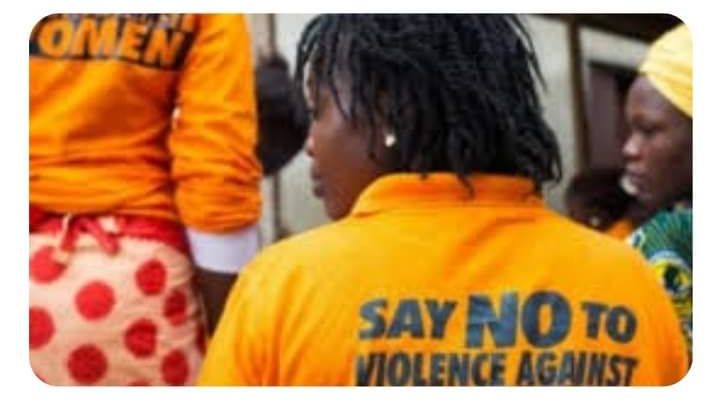A coalition of rights activists from over 128 countries across the globe – Every Woman Treaty – has picked holes in the current framework governing the cause to end violence against women.
Addressing these loopholes in a report, the coalition noted that a renewed treaty which addresses the changing times and context, is key to ending the practice as well as challenges faced by activists.
Some six rights groups from Cameroon that are partisan to the coalition in a release, sized up the report, citing some modern-day challenges impeding the fight to end violence against women. Among them, they noted, are cyber-violence and conflicts.
“Although there are regional treaties to protect women from violence and an international law against discrimination against women,” they noted, “there is no specific, overarching framework to protect women and girls from violence worldwide.
It is in this regard, they went on, that the Every Woman Treaty is “urging the UN and nations to adopt a global treaty to fill this legal gap and begin to systematically address the growing crisis.”
To Najla Ayoubi, co-founder of the Every Woman initiative, women and girls are not the only ones hurt by violence against them: “the activists defending them are hunted.”
“The violence is rising. This begs a single question: Are the needs of women and girls met under the current system? The indisputable answer is no,” she added.
𝐏𝐫𝐨𝐩𝐨𝐬𝐞𝐝 𝐭𝐫𝐞𝐚𝐭𝐲 𝐜𝐨𝐧𝐭𝐞𝐧𝐭
A new and global treaty, they noted, should be one that would make the expected action of all parties more clear and obligatory. “A new treaty would make state obligation clear, specific, legally blind and provide adequate attention to the problem’s scope and complexity,” they opined.
This to them, would comprise working hand in glove with the Convention on the Elimination of All Forms of discrimination against Women (CEDAW), prioritise violence prevention education, provide an actionable advocacy tool that protects activists from threats and retaliation, and increase funding for survivor services such as hotlines, shelters and legal aid.
According to the Norwegian Refugee Council in 2020, an estimated 56.4% of women in Cameroon had experienced emotional and/or sexual violence. This it noted, was aggravated by a host of factors including low living standards, with 39% of the national population living below the poverty line.
The Nkafu Policy Institute on its part, in a July 12 2022 report on the effects of crises on mental well-being in Cameroon, cited among others, “deep-rooted patriarchy and continuous gender inequality” as the primary aspects negating women’s values in society.




